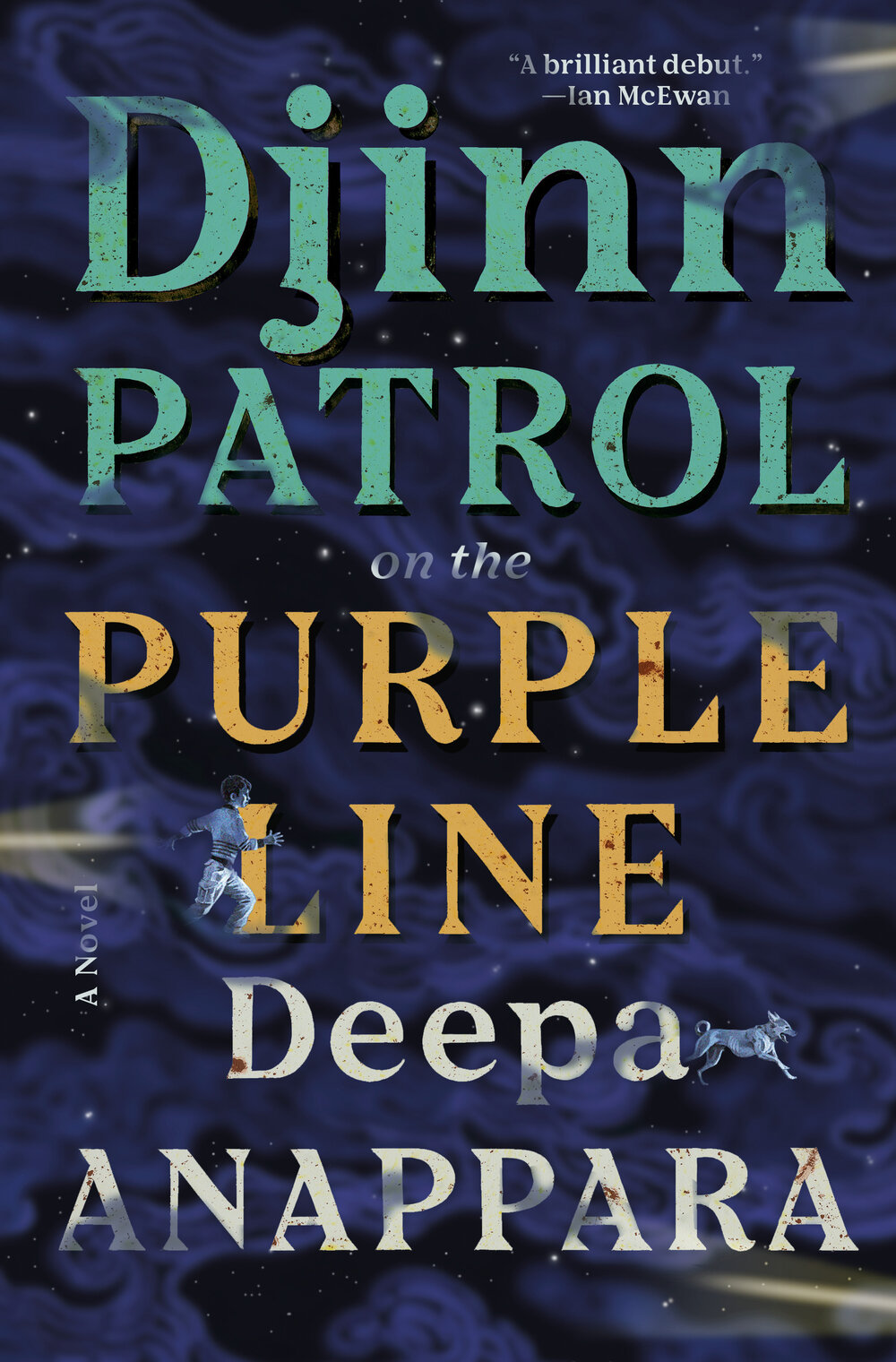Starting a new project? Download our free workbook to build your brand with confidence.
The email you entered is invalid.
Thank you for subscribing.
By entering your email, you indicate that you have read and understood our Privacy Policy and agree to receive marketing from Squarespace.
Photo by Liz Seabrook
In honor of Women’s* History Month, we sat down with women Squarespace customers whose stories of strength, creativity, and success inspire us everyday. Award-winning author and journalist Deepa Anappara was born in Kerala, southern India, and worked as a journalist in India for eleven years, focusing on the impact poverty and religious violence had on the education of children. We spoke with her about her new novel, “Djinn Patrol on the Purple Line” as well as how she approaches the inequality she observes in the world.
SQUARESPACE: Your debut novel, “Djinn Patrol on the Purple Line,” has already received rave reviews. How did your time as an award-winning journalist inspire this book?
Deepa Anappara: The spark for the novel came from real-life disappearances of children in India, where as many as 180 children are thought to go missing each day. I grew up there, lived there for most of my life, and worked as a reporter in multiple Indian cities. I used to write about how poverty and religious violence were forcing children out of the education system. It was during this time that I learnt about the disappearances of children from impoverished neighborhoods, and how their families were being ignored by the police and other institutions of the government. I was interested in the stories of these children, because they were absent in the mainstream discourse.
The only reason I could write this novel was because of the work I had done as a journalist. I often interviewed people who lived in neighborhoods like the one in my novel. They invited me to their homes and were kind enough to share their stories with me. I also interviewed children for my reports, and many of them were funny and cheeky despite their difficult circumstances. The children in my novel, who are looking for their missing friends, were very much inspired by the children I had interviewed as a reporter.
SQSP: The book features a child as a narrator. Why was it important to share this particular story from the point of view of someone so young?
DA: I wanted to write this story because the voices of children were missing from the mainstream discourse around their disappearances. I had heard about neighborhoods where twenty or thirty children had gone missing over two or three years — and I used to wonder what it was like to be a child living in such circumstances. How did children make sense of their friends going missing? How did they deal with fear and insecurity? What stories did they tell themselves to understand the horrors around them? “Djinn Patrol on the Purple Line” is an attempt to answer those questions through fiction. I wanted to put children at the heart of the story around their disappearances precisely because I hadn’t seen that in real life.
SQSP:What advice would you give to another woman looking to pursue a writing career?
DA: An underrated but important part of being a writer is persistence. I think you have to find a way to keep writing if you believe you have a story that deserves to be told — in the face of whatever rejection you face. Reading widely is important, as is finding a community of fellow writers with whom you can swap work and discuss writing and books.
SQSP: How does your identity as a woman inform your writing?
DA: As a person of color, as a woman, as a person from the kind of background where writing was seen as an indulgence, I am more aware of the inequities in the world, and the obstacles that those from marginalized groups have to face to have their voices heard. It is this political imperative that drove my journalism, and continues to drive my fiction.
SQSP: Your book has already been translated into 19 different languages. What do you hope your readers around the world take away from this story?
DA: It is up to the readers what they make of my novel — but I hope it makes people think of vulnerable children in their own communities as also across the world.
*We use an inclusive definition of “woman,” “women,” and “female” to encompass all people who identify as women in a way that is significant to them.

